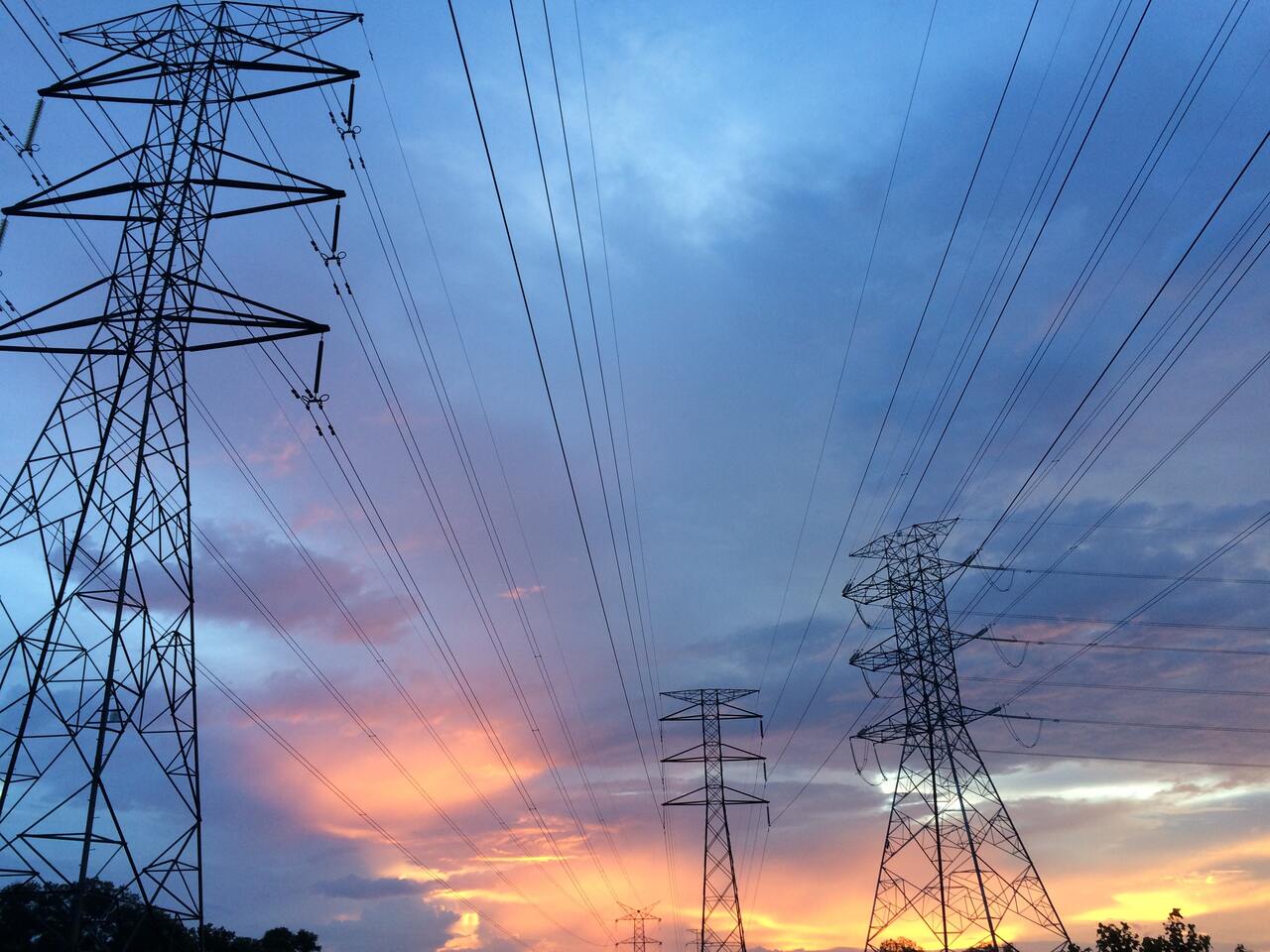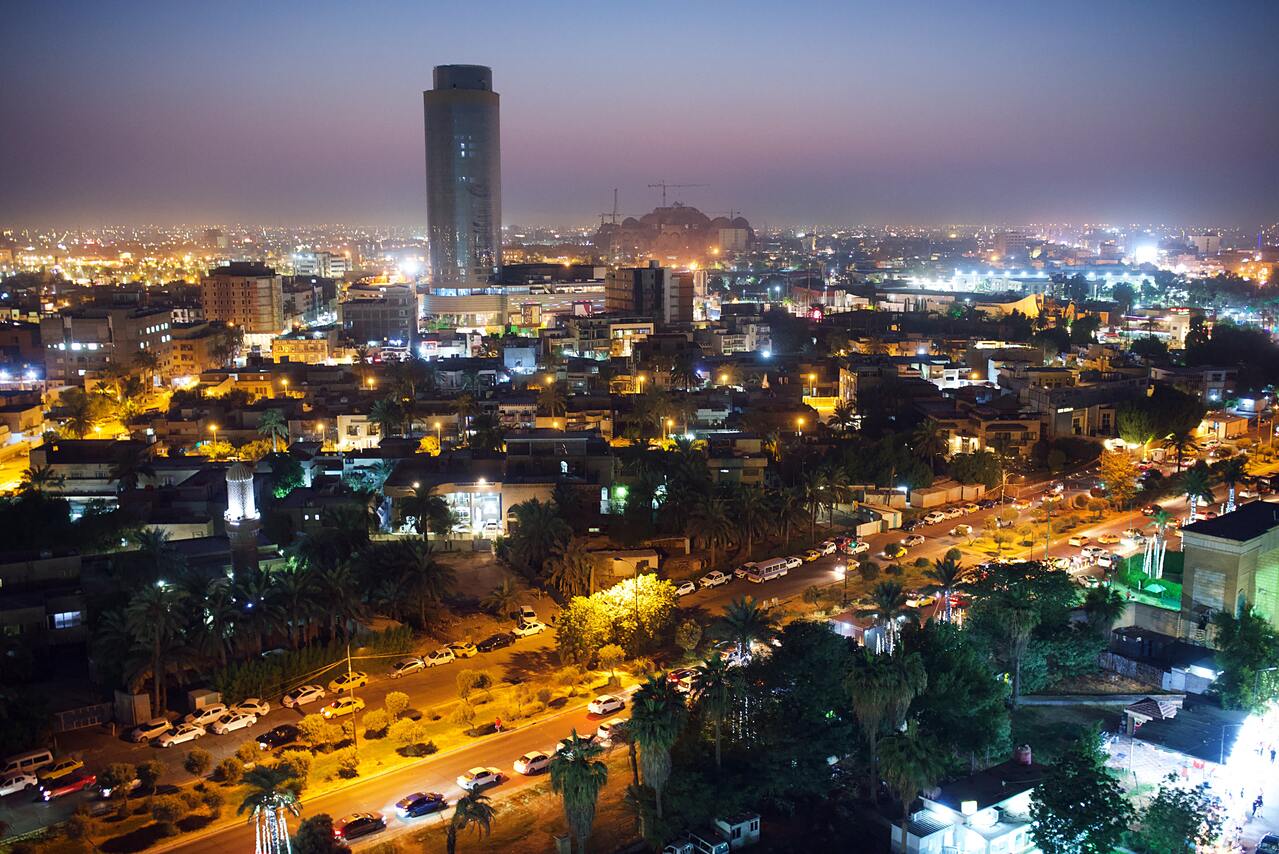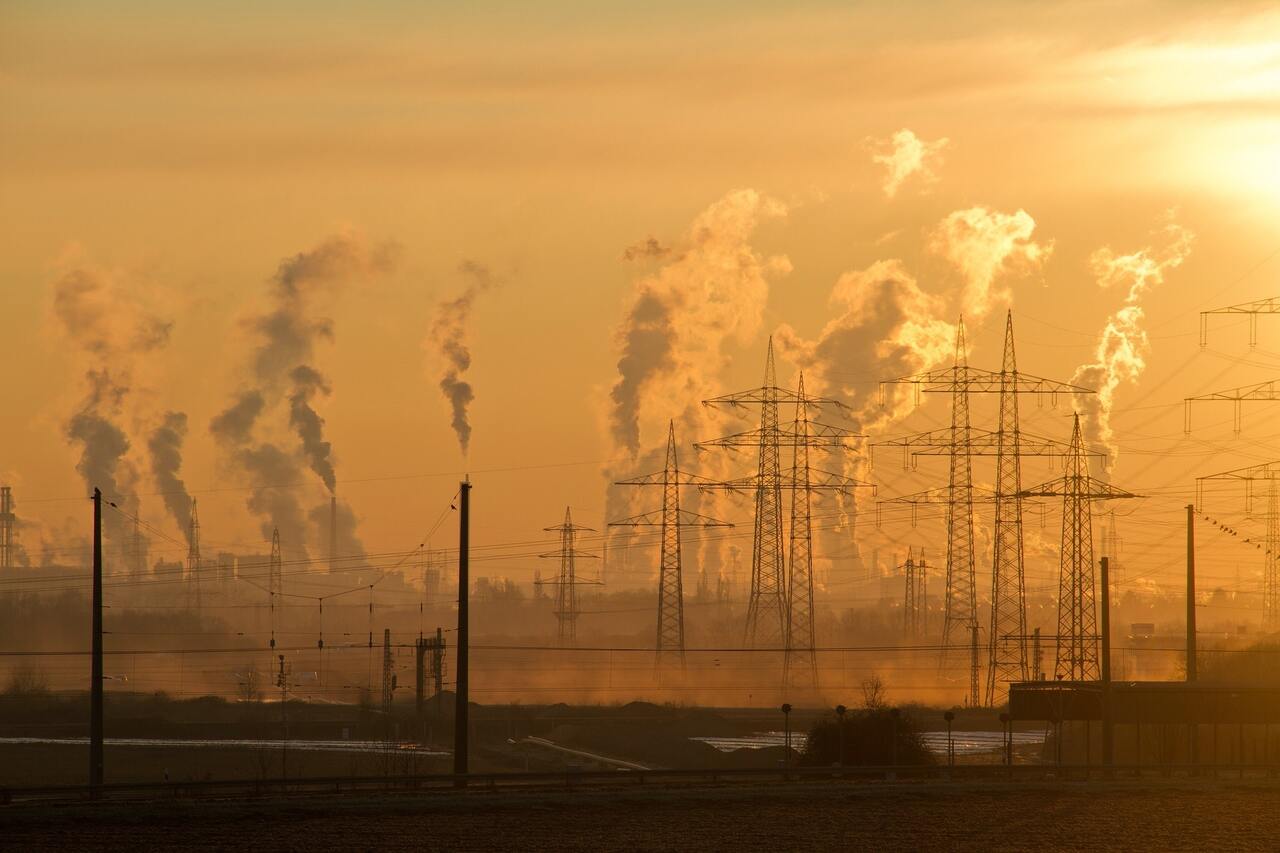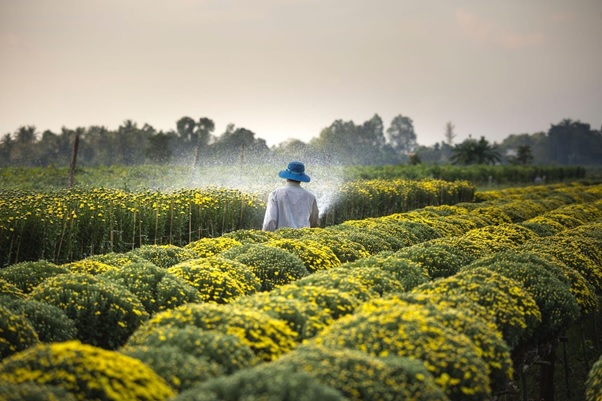Iraq has stated its plan to increase oil production capacity to 8 million barrels per day by 2029, a significant leap from the current production of 4.8 million barrels a day.
The government would gradually increase production capacity by optimizing the country's existing prominent oil fields, namely the Zubair, Majnoon, and Rumaila fields. The three areas combined, when optimized, have the potential to double their production capacity.
Popular Demand of Iraqi Oil Sector
The Iraqi government is facilitating more foreign investments to come in and take part in the nation's cluster of oil, gas, solar energy, and water projects, eventually becoming the country's backbone.
Recently, Iraq has reached a preliminary agreement with French oil giant, Total, for four projects with an estimated value of over USD 7 billion. When done, the deal with Total will become the largest foreign investment in Iraq to date.
Total, until now, has not been a significant player in Iraq's oil industry due to the 2008 Baghdad bids contractual term for foreign companies.
The company has a stake of merely 400,000 barrels per day in Basra's Halfaya oil field development. Other multinational oil companies like BP and ExxonMobil take much more extensive parts of the country's oil.
Facing Implications
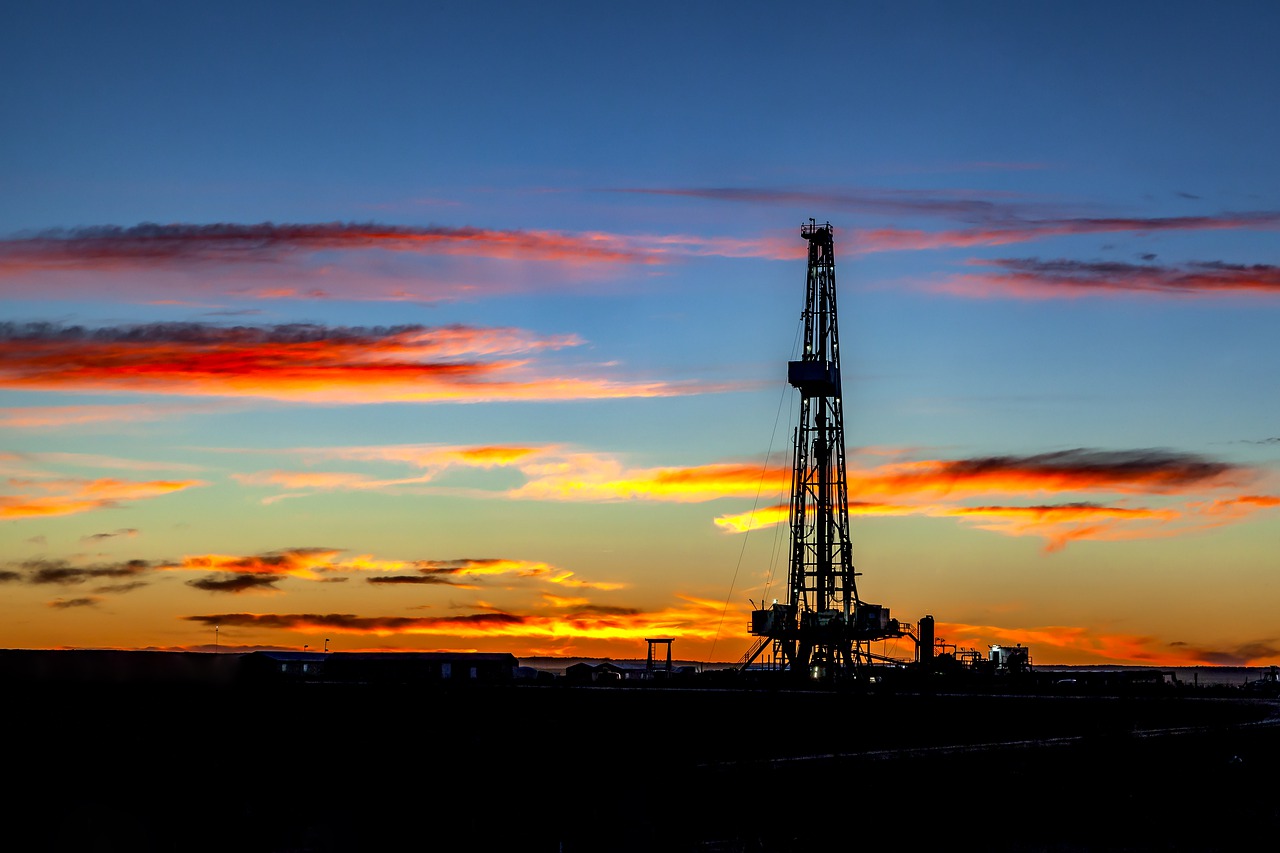
However, Iraq is facing a significant concern as it continuously accounts for more than 18 billion cubic meters of gas glaring since 2019.
The country's gas flaring is second only to Russia and slightly above the United States, pushing the government to comply with shifting global demands in becoming more sustainable and improving its environmental conduct.
The country has also been experiencing electricity shortages, forcing it to depend on costly imports and preventing petrochemicals and other industries from using gas as a feedstock.
Oil and Gas Potential and Performance Enhancements
Iraq's total proven oil and gas reserves stand at 145 billion barrels and 125 trillion cubic feet in 2020, respectively, proving the country's agility despite a long history of underinvestments and conflicted oil developments throughout the decades.
Iraq is now the second-largest oil producer and exporter, following Saudi Arabia at the target capacity of 8mb/d in 2029 and putting an end to gas flaring by 2025.
To obtain its goals, Iraq plans to revive a water injection project that will maintain the reservoir pressure of Basra's producing fields. At the same time, hand-in-hand reduce flaring and resolve power generation issues by treating more significant volumes of natural gas production.
Foreign investments in the oil and gas industry would be subjected to enable stable oil output and growth, further reviving the Common Seawater Supply Project that seeks to provide desalinated water to support a more sustainable production and processing process.
Moreover, the Iraqi government has also announced a recent solar project in the making, representing a huge step in developing the renewables industry in Iraq and alleviating electricity shortages happening in the country.
The combination of robust foreign investments in oil sectors and massive renewables projects brings a new light to Iraq's future.
Albeit a slow process, while still relying on its fossil fuel exports, Iraq is turning tables to contribute lower carbon emissions through higher weighting in renewable projects in its portfolio.
